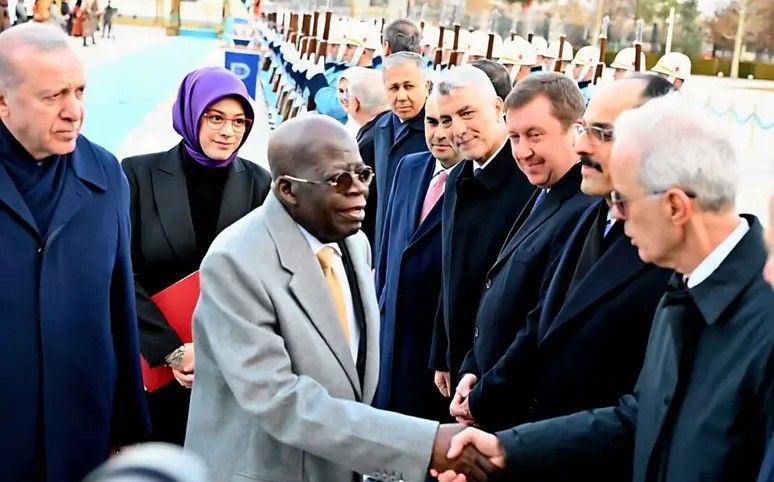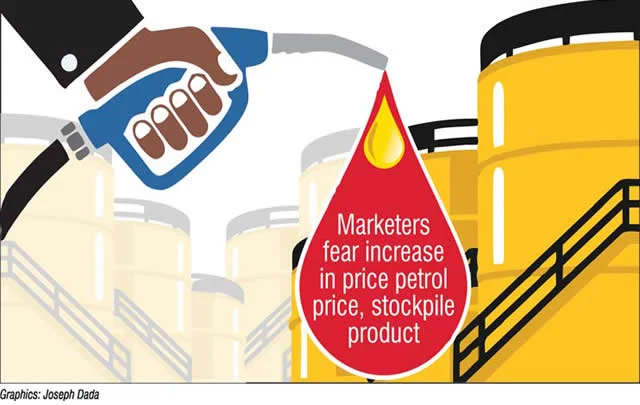The Executive Secretary of the Nigerian Content Development and Monitoring Board (NCDMB), Engr Simbi Wabote, has revealed that the African oil and gas industry heavily relies on imported equipment, accounting for over 90 percent of its equipment.
Wabote made this disclosure at the third edition of the African Local Content Roundtable, which took place in Abuja from October 25 to 26, 2023.
Addressing the theme of “Fostering Local Content in Africa for Africans,” Wabote emphasized that the lack of local manufacturing of components poses a significant challenge to the development of the African oil and gas industry.
To tackle this issue, he called for concerted efforts in quality service and equipment manufacturing, cross-border partnerships, innovative thinking, and improved funding sources. Wabote stressed the need to develop cost-effective and scalable solutions to address local challenges.
According to Wabote, “90 percent, if not more, of the equipment we use are imported because we’ve not focused on manufacturing some components in-country. The importance of developing homegrown solutions to address local challenges cannot be overemphasized.”
Commenting on the roundtable’s theme, Senator Heineken Lokpobiri, the Minister of State for Petroleum Resources (Oil), stated, “The topic is very appropriate for Africa to evolve from not just supplying raw materials but developing the capacity and capability to explore, produce, and process its hydrocarbon resources into petroleum derivatives.”
Furthermore, Omar Farouk, the Secretary General of the African Petroleum Producers Organization (APPO), lamented Africa’s continued reliance on foreign oil and gas technologies despite its almost century-long involvement in the oil-producing business and significant revenue generation.
“We have sadly been conditioned to believe that such dependency is normal. More alarming is that the African continent has the highest proportion of its population living in energy poverty, with over 600 million Africans lacking access to electricity and millions more without modern energy. Seventy percent of the oil we produce is exported, and the same goes for gas,” Farouk bemoaned.
The revelations made at the African Local Content Roundtable highlight the urgent need for African nations to invest in local manufacturing and innovation to reduce their reliance on imported equipment. By fostering homegrown solutions, Africa can take greater control over its oil and gas resources, contribute to economic growth, and provide affordable energy access to its people.



